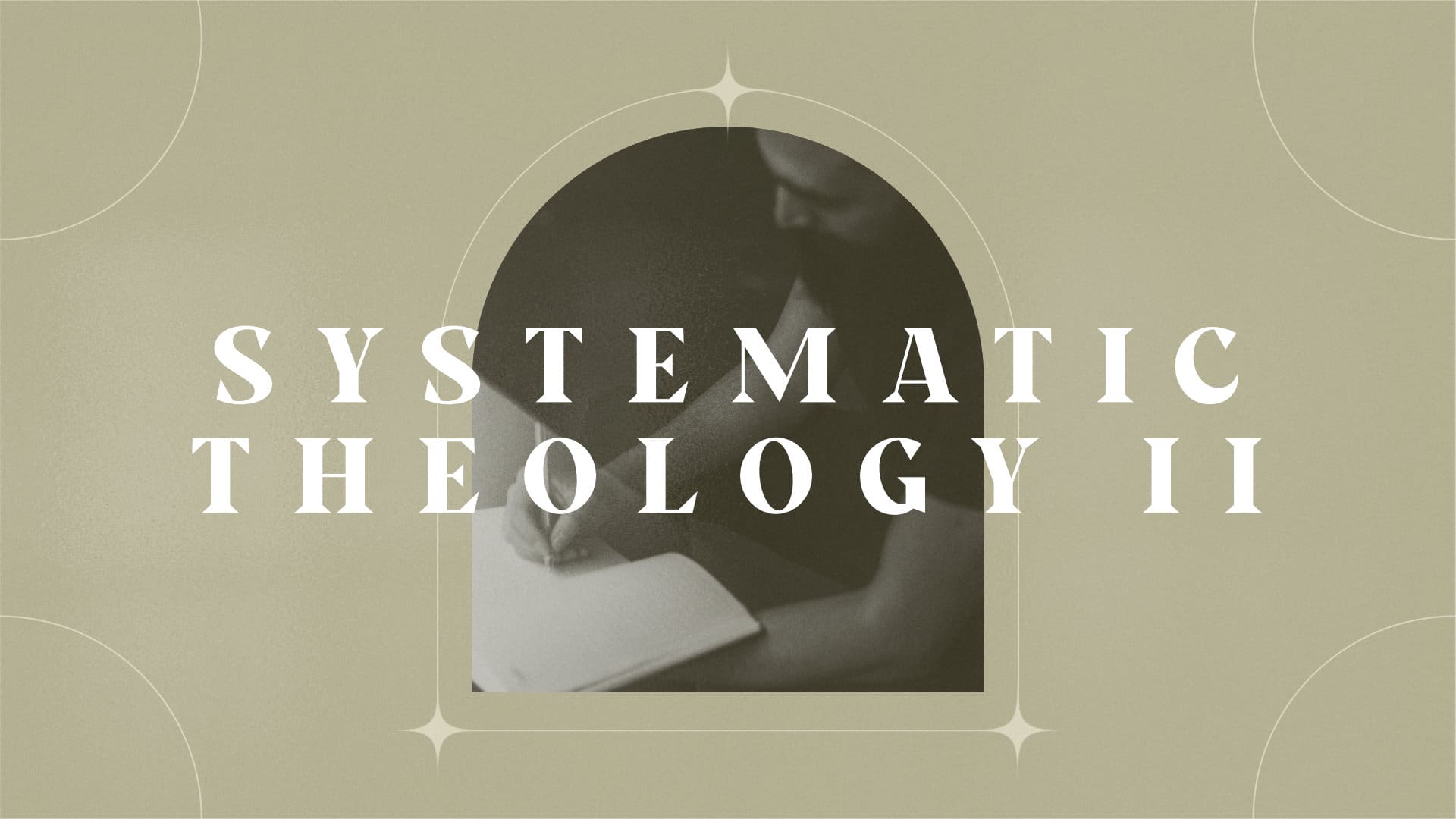Salvation
The doctrine of salvation is formally known as soteriology. Salvation is not a prayer prayed or a one-time fix to make us a good person. It is often communicated as a one-time event. However, salvation is so much more than securing our ticket to Heaven.
“Salvation is the work of God that delivers us from sin and its penalty, restores us to a right relationship with Him, and imparts to us eternal life” (Kenneth Keathly in The Theology for the Church).
Humanity is headed towards ungoldiness and death brought by sin. None of us are righteous; we are enemies of God (Rom. 5:6-10). Praise God that He sent Christ to seek and save the lost (Luke 19:10). This is good news for those who deserve death. Through Christ’s death, burial, and resurrection, those who confess that Jesus is Lord and believe in Him are saved (Rom. 10:9).
“Because we are positionally in Christ, we are declared righteous; because experientially Christ is in us, we are being made righteous” (Kenneth Keathly).
Salvation includes Christ uniting with the believer and the believer uniting with Christ. When an individual believes in Christ, they are then united with Him. Salvation includes three parts: justification, sanctification, and adoption. Justification is being declared just by God through their faith in Christ. Through Christ’s work on the cross, the believer is seen “just as if” an individual had not sinned. This person can gain peace with God based on the works of Christ. Adoption is the idea that once someone is in Christ they are adopted into God’s household. Believers are only able to be a part of God’s family by trusting in Christ’s work on the cross. Upon being declared just and adopted into God’s family, the believer is sanctified.
Sanctification
Sanctification refers to the process by which the believer is made holy. By the power of the Holy Spirit, the believer is being changed to look more like Christ. This process is not quick and easy.
Sanctification is a lifelong process that involves work on the part of the believer along with the Spirit’s guidance. In Philippians 2:12-13 Paul writes, “Therefore, my beloved, as you have always obeyed, so now, not only as in my presence but much more in my absence, work out your own salvation with fear and trembling, for it is God who works in you, both to will and to work for his good pleasure.” According to the Scriptures, God is working in the lives of believers and they are working out their salvation. Believers are in pursuit of righteousness and understanding of God’s character.
How does this apply to our daily walk with Christ?
Knowing how much we are saved from creates a desire to tell others of the redemption we have found in Christ. This was the greatest gift offered to us and the greatest gift we can share with another. If God has saved us from death then this is the life in Christ we have. Life is not promised to be easy but it is extremely purposeful. With the guidance of the Holy Spirit and the cooperation of the believer in His leading, we are being made to look more like Christ. Remember that God has saved us from something for something else.
There will be times when we mess up. However, we are not too far gone. There are plenty of examples in Scripture of godly people who messed up horribly and were used in a significant way by the Lord. Oftentimes, He uses those who are not the best fit for the job to display His power through them. When we mess up, we confess to Him the ways we have sinned against Him. Remember that He is faithful and just to forgive (1 John 1:9). Once we have turned from our sin, we strive to work out our salvation by pursuing righteousness. When life is hard and we continue to mess up, keep going. 2 Peter 1:3-8 reminds us that God is giving us the power to pursue life and godliness. Faithfully follow Christ as He leads us in the process of sanctification.
*All material, quotes, and references are taken from the books Everyone’s a Theologian by R.C. Sproul and A Theology for the Church by Daniel Akin.













